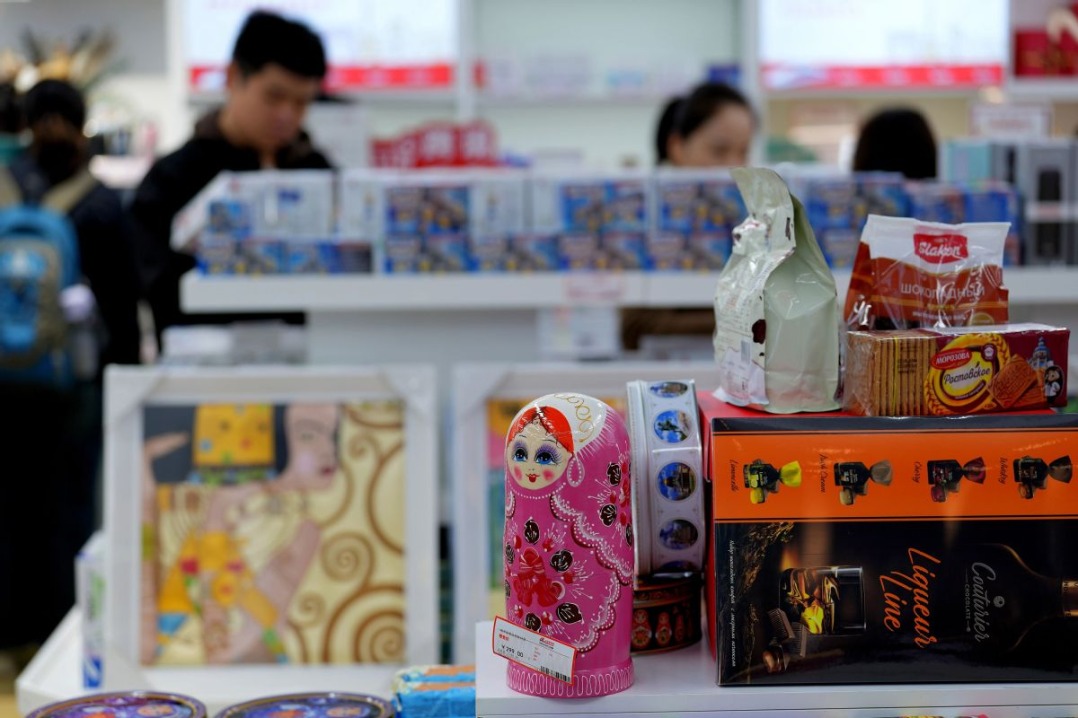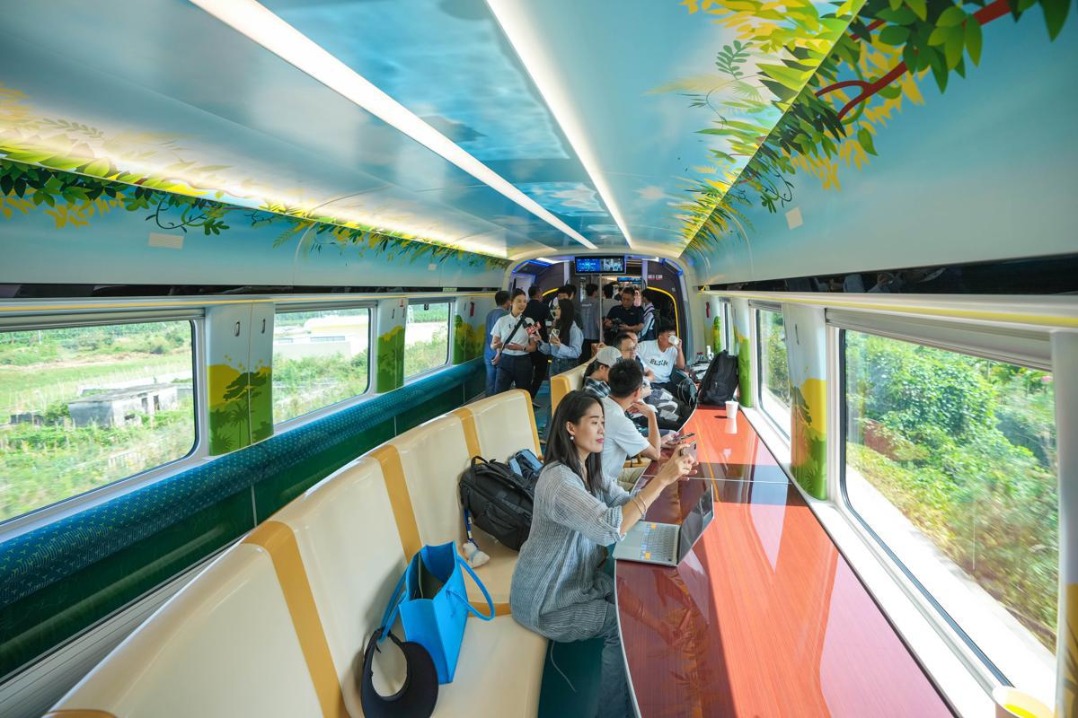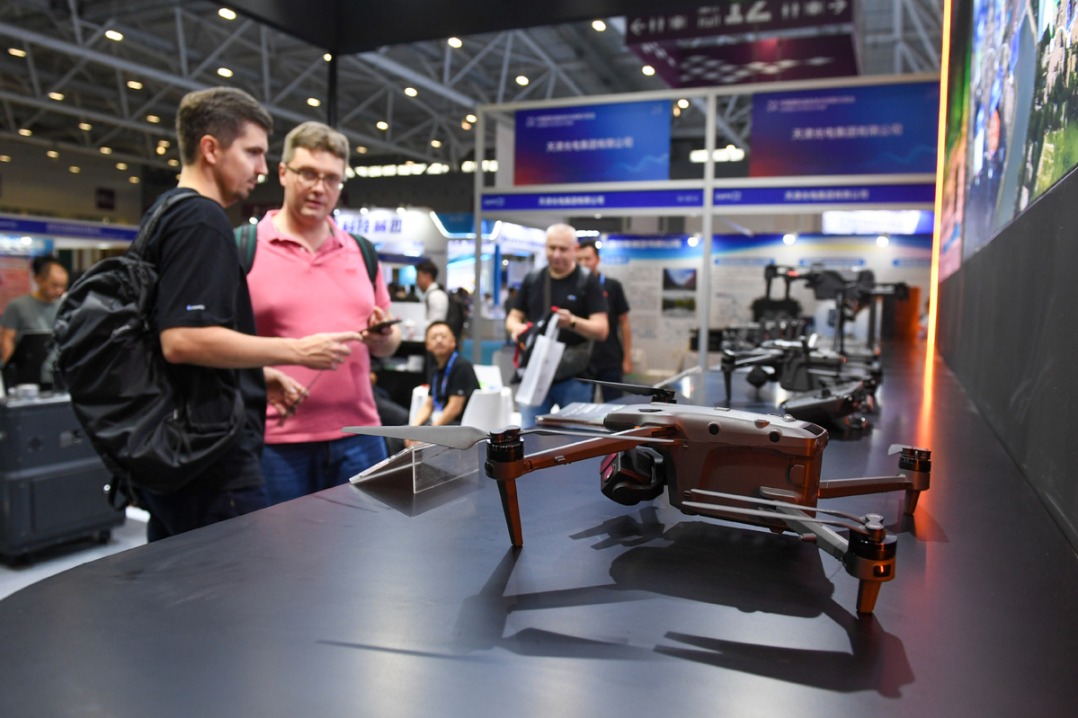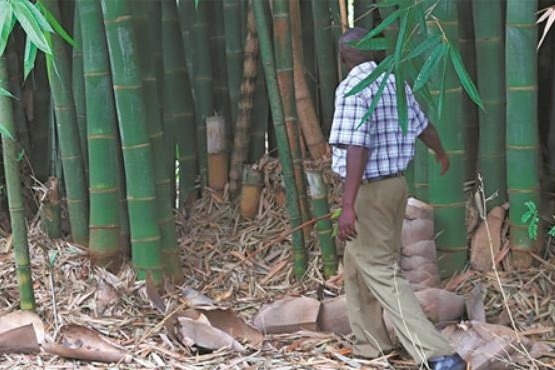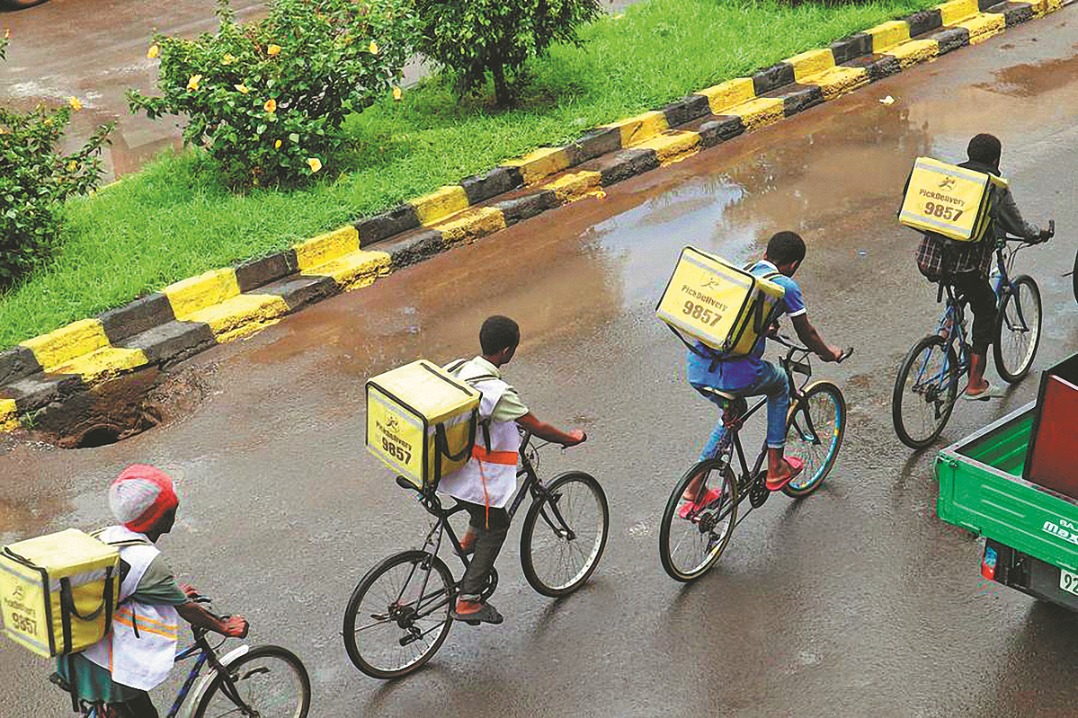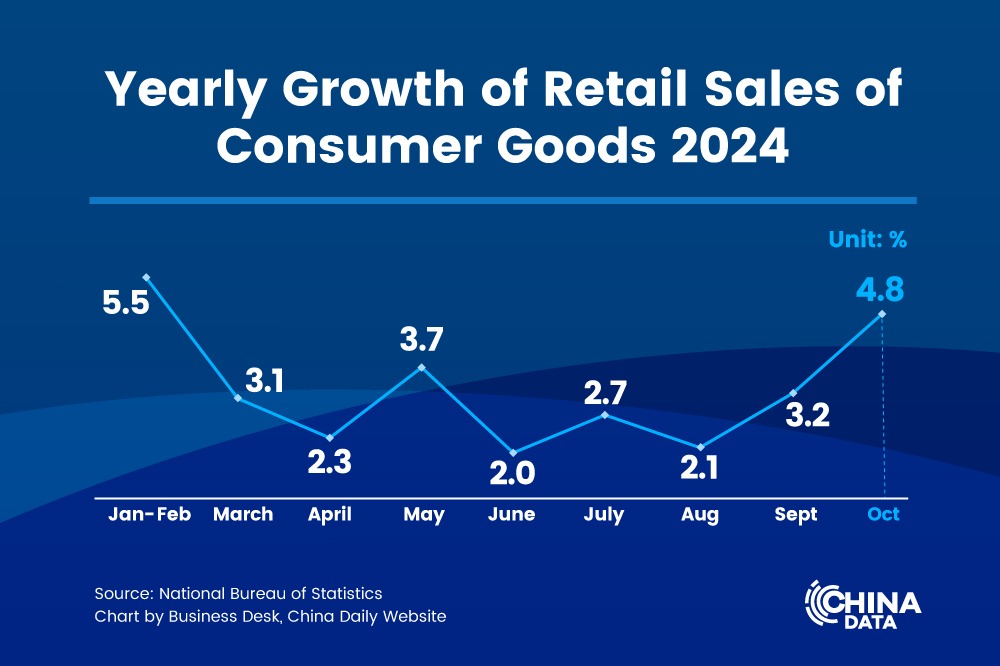Building a strong BRI ecosystem


Lyu Shuping, president of Xylem China & North Asia
A1 Xylem's business in China and our offerings are closely in line with China's development needs and the national development strategy and priorities. A great example is our advanced water technologies and solutions to improve energy efficiency. The BRI opens the door for our China team to work with engineering contractors to provide Xylem equipment and solutions from China to solve water issues and water challenges in the Belt and Road regions.
A2 Speaking from a general perspective, the BRI will fuel economic growth, especially in those countries where China put more investments in terms of funding, manufacturing capability, sourcing and infrastructure construction. Along with the BRI, significant investments from the public sector as well as the private sector continually flow into emerging areas such as Africa, Southeast Asia and South Asia where infrastructure linked to power supply, water conservancy, and water transport and treatment are receiving more and more funding. It will directly benefit our business by bringing in more project opportunities.
A3 In our business sector, China's domestic market as a whole is segmented in terms of premium, value and price, which is mainly because China in general has sophisticated mechanical manufacturing capabilities and as a result there are plenty of choices for customers, and multinational companies generally are serving in the premium market because of the price. However, for those opportunities outside of China that Chinese contractors and consultants are participating in, they will be more willing to work with MNCs because of the end users' awareness of brands and preferences of specifications. Working closely with these Chinese project stakeholders in China, where we are able to provide all in one solutions and on-time call to quote services, will bring us more business opportunities.
A4 Regarding further improvements of the implementation of the BRI, due to different economic conditions and stages of economic development, in future, we hope to conduct bilateral communications with end-users more frequently to collect firsthand information and understand specific demands.
A5 I want to share a practice case of one of the largest wastewater treatment projects in South Asia under the BRI. The Dasher Gandhi Wastewater Treatment Project is located in Dhaka, capital of Bangladesh, led by Power China Chengdu Engineering Corporation. This project will help to build a wastewater treatment plant, reform lifting pumping stations and improve the wastewater networks. After the completion of the 10,000-metric-ton wastewater treatment plant, it will effectively improve local people's livelihoods, consolidate and promote friendly relations and cooperation between China and Bangladesh.

















